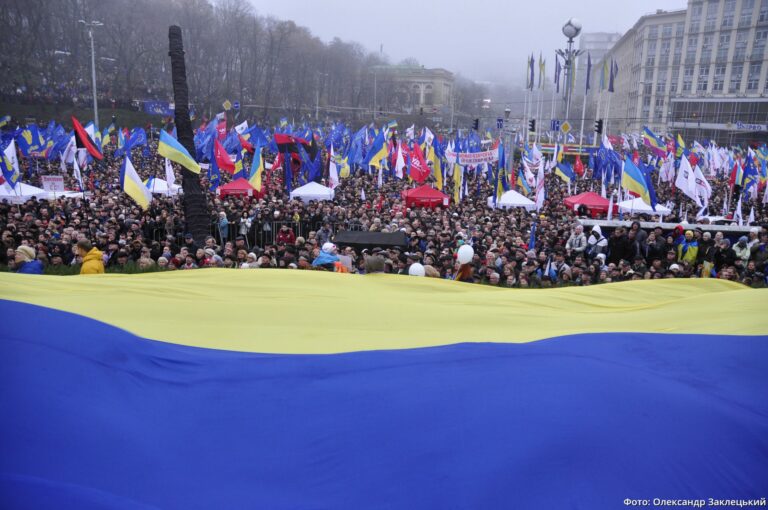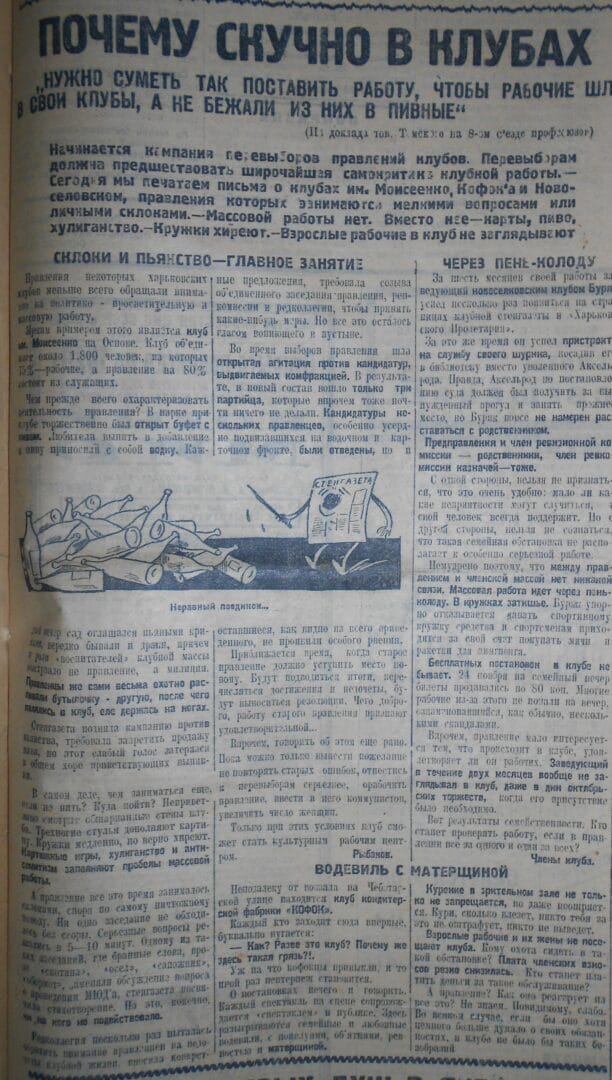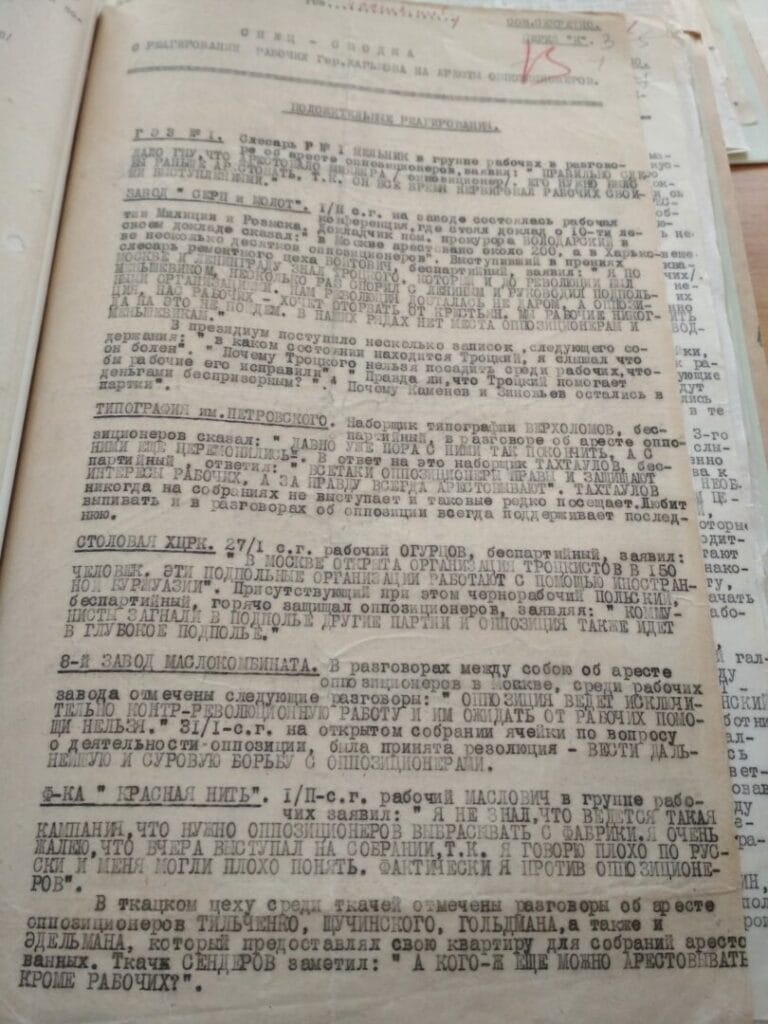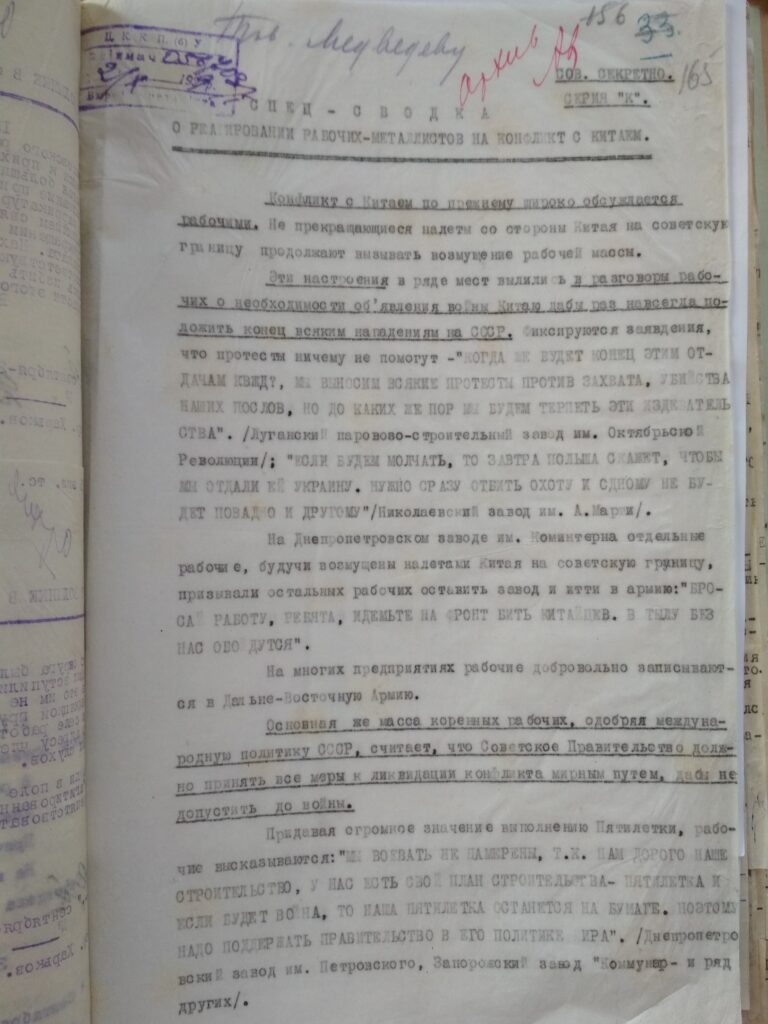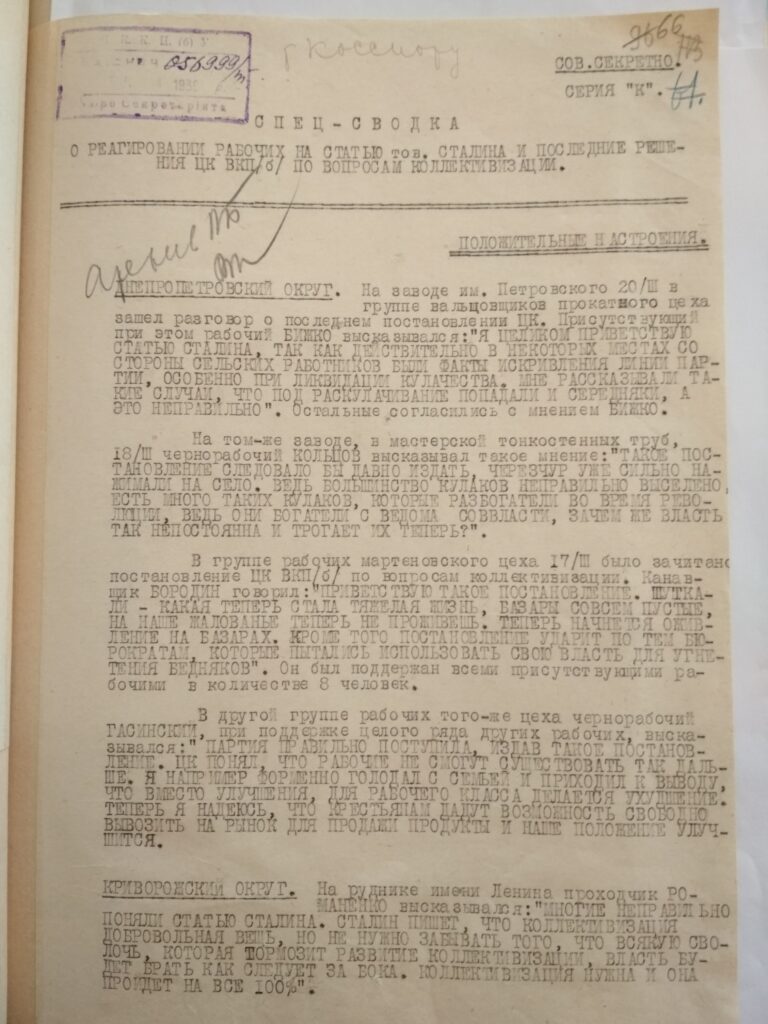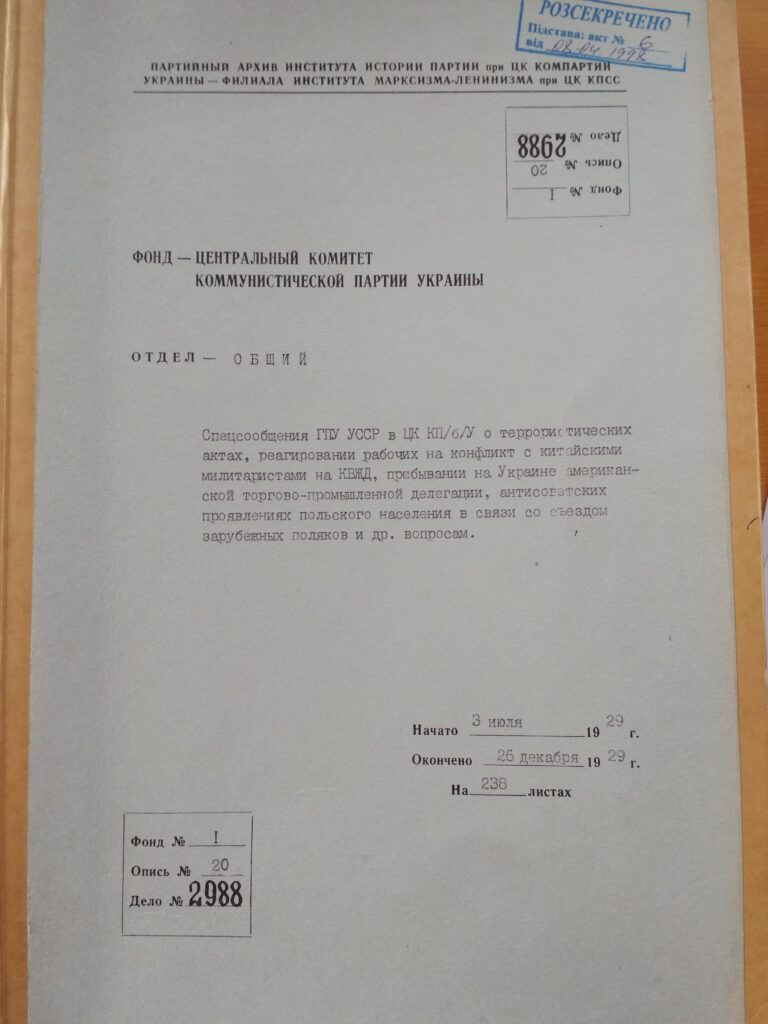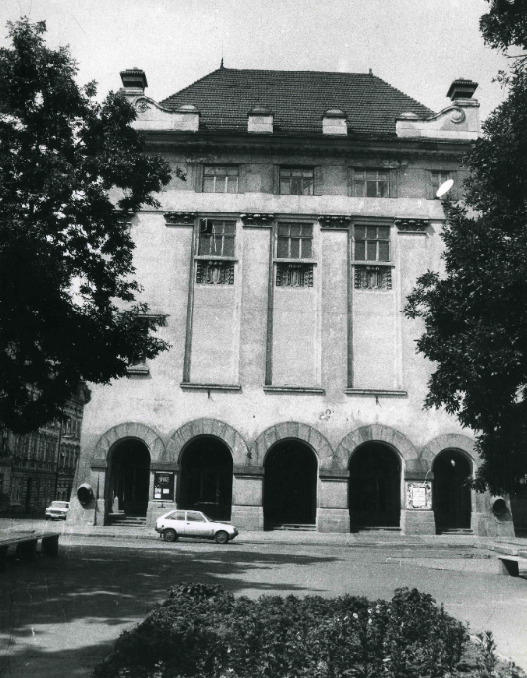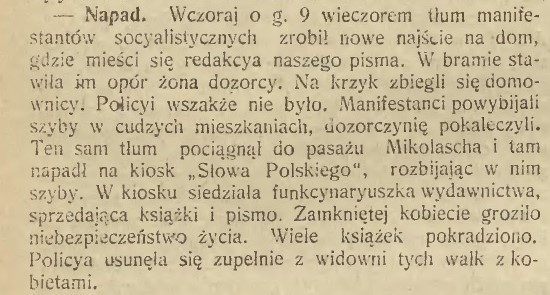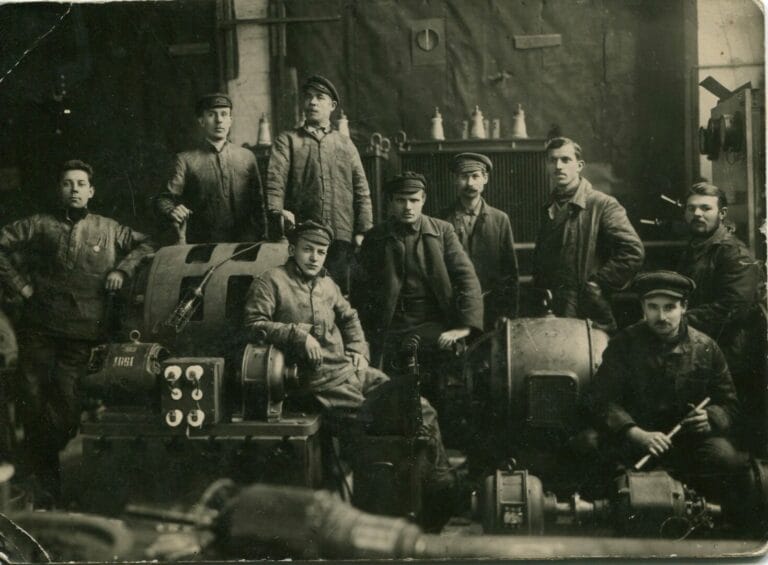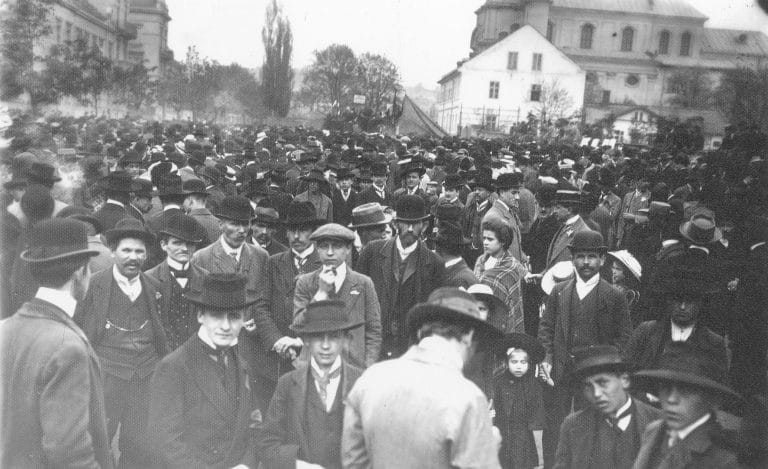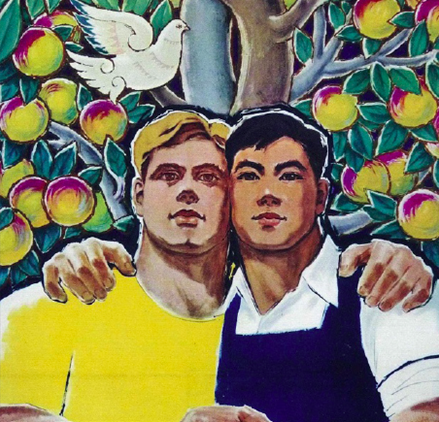Dissent
The word dissent comes from the Latin word dissidens (discordant) and in political theory means a refusal to collaborate with a recognized authority (social, cultural, or governmental). In the former USSR, dissidents were people who disagreed with specific aspects of Soviet ideology and spoke out against them. Small groups of marginalized intellectuals, self-identifying as dissidents, lived under party-state systems, yet embraced non-conformism, which they believed was for the good of society. Their views were often punished by official ideology. This theme is important, as dissent has often been associated with the act of critical thinking and reading, which is how historians seek to understand and approach source material. Our Educational Platform offers materials involving politics and political prisoners, but we also focus on other forms of non-conformism, such as alternative urban life, or subcultures. When looking at the topic of dissent, history reveals that the struggle for recognition that defined the experiences of those with dissenting identities (minorities, or other excluded groups of people) is central to democratic politics. This theme promotes more meaningful understandings of identity and, with that, a historical conception of politics that is more inclusive and diverse.
Primary Sources


